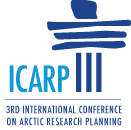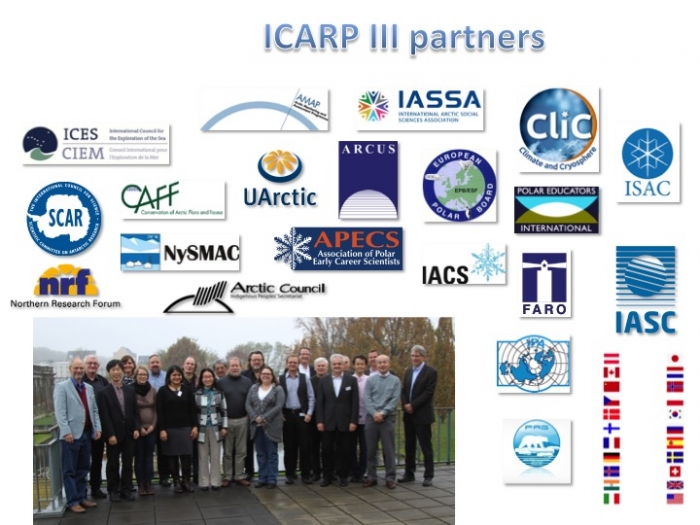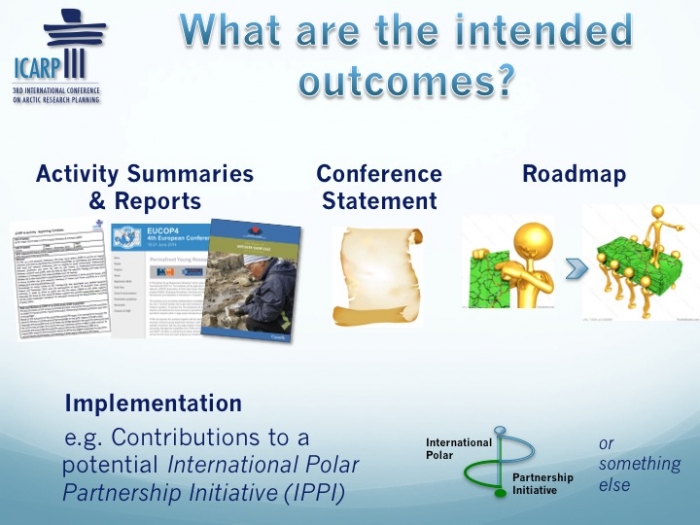By: Members of the ICARP III Steering Group

The Arctic Science Summit Week (ASSW) 2015 held in Toyama, Japan from 23-30 April brought together over 700 international scientists, students, policy makers, research managers, indigenous peoples and others interested in developing, prioritizing and coordinating plans for future Arctic research. The Conference was organized by the International Arctic Science Committee and the Science Council of Japan, with the support of many other international partners.

The Toyama meeting was the main event of the 3rd International Conference on Arctic Research Planning (ICARP III). It was a critical step in the international Arctic research planning process involving hundreds of scientists from 27 countries working to improve our understanding of the consequences of changes taking place in the Arctic region, and their connection to global environmental, economic and social processes. The ASSW 2015 Conference Statement highlighted several overarching messages that emerged during the week:
- Changes in the Arctic are challenging our understanding of their consequences and our ability to provide knowledge for decision-makers.
- There needs to be a greater sense of urgency among decision-makers and awareness by the general public regarding the global importance of changes taking place in the Arctic.
- It is critical to anticipate changes in the Arctic rather than respond to them, but to do this requires sustained observations and improved understanding of local, regional, and global processes. These research challenges must be addressed in a coordinated and timely manner to ensure sustainable development and resilient Arctic communities and ecosystems.
- The rapidly changing Arctic initiates changes that cascade through the global system impacting weather, commerce, and ecosystems in the more temperate regions. Linkages across disciplines, scales, and diverse knowledge systems must be addressed in future research activities.
- Understanding the vulnerability and resilience of Arctic environments and societies requires increased international scientific cooperation, including contributions from non-Arctic states.
- More effective use must be made of local and traditional knowledge by engaging northern and indigenous communities in setting priorities, the co-design and co-production of research, and the dissemination of this knowledge by ensuring appropriate access to research data and results.
- It is essential to build long-term human capacity to support relevant observations and research among scientists, decision-makers, and Arctic residents, through education and effective public engagement and by adopting shared principles to guide research activities.
- New markets for Arctic resources and associated activities, including trade, tourism, and transportation, will likely emerge faster than the necessary infrastructures on land and sea. Sustainable infrastructure development and innovation to strengthen the resilience of Arctic communities requires a collaborative approach involving scientists, communities, governments, and industry.

The Final Report from ICARP III, guided by discussions and contributions from many partner organizations, will be completed later in 2015. This Report will catalyze and inform the implementation of critical, cooperative, international Arctic research programs over the next decade.
Further information about ICARP III is available here, via email (icarp [at] iasc.info), or contact David Hik, Chair, ICARP III (dhik [at] ualberta.ca).
